Categories > Guides and Tips
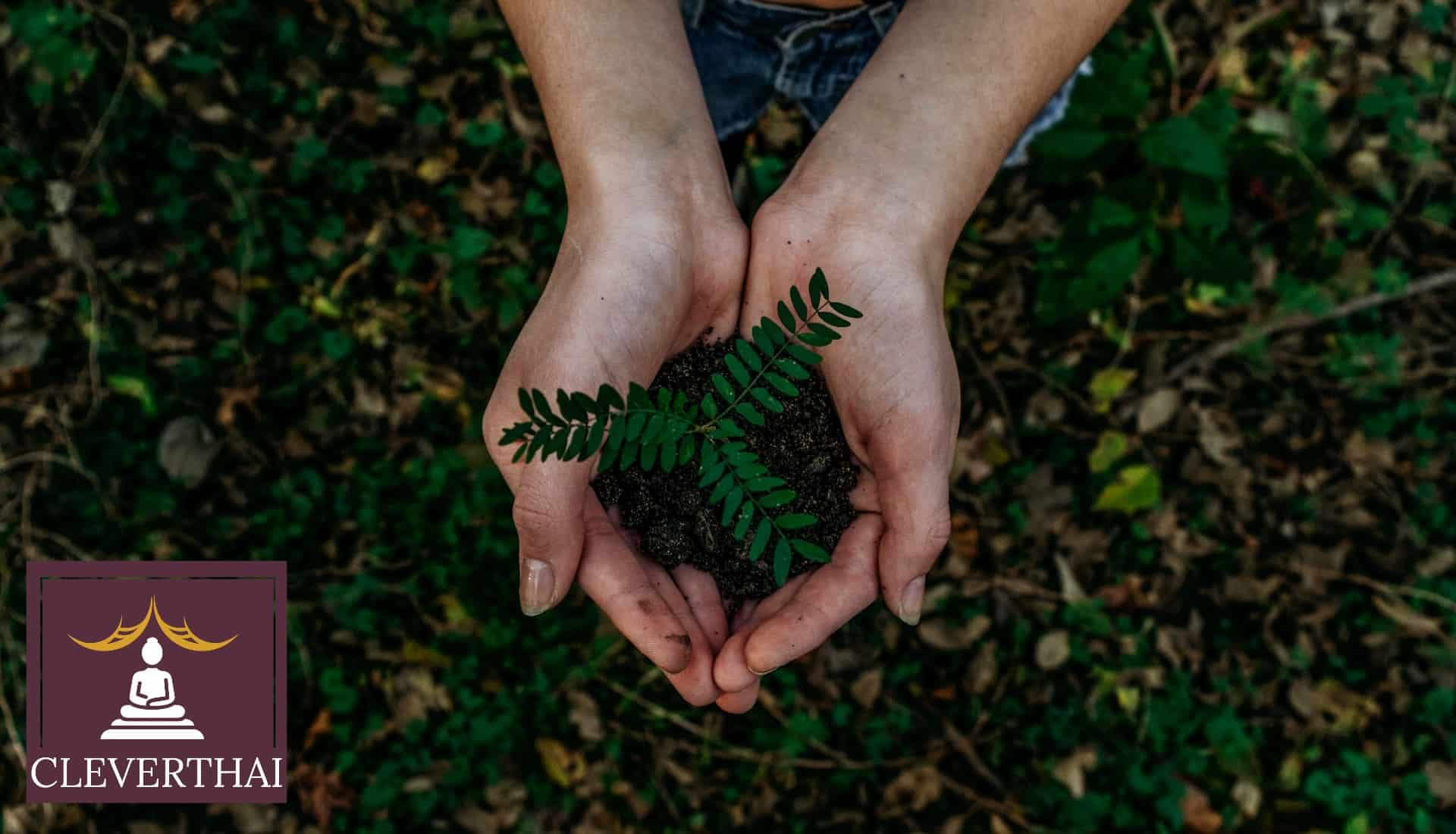
Everyone’s Guide to Sustainable Living in Thailand
There was this time a while back, when we were in a taxi passing through Sukhumvit Road as part of our daily commute. It was April, which meant that on top of the usual standstill traffic, the heat was blazing and the air conditioning was barely enough.
One of us suggested, “is this a sign that we should take climate change more seriously?” But they were quickly rebutted, “What do you mean? We’re stuck in traffic so often that we barely have time to leave a carbon footprint!”
Still, there’s no denying that Thailand happens to be one of the most vulnerable nations to climate change. As a result, the eco-conscious among the population have slowly been growing in number.
Sustainable living in Thailand is possible by taking part in local community initiatives to repurpose or reduce waste. These initiatives are the first step towards a larger movement to combat pollution and climate change.
Even as a tourist, sustainable living is still possible by making conscious choices regarding waste management and nature preservation. This includes minimizing your travel’s impact on the environment.
Whether you’re living in Thailand or just visiting, making the effort to go eco-friendly has become more accessible thanks to the collective efforts of communities around the country. Read on to start your sustainability journey!
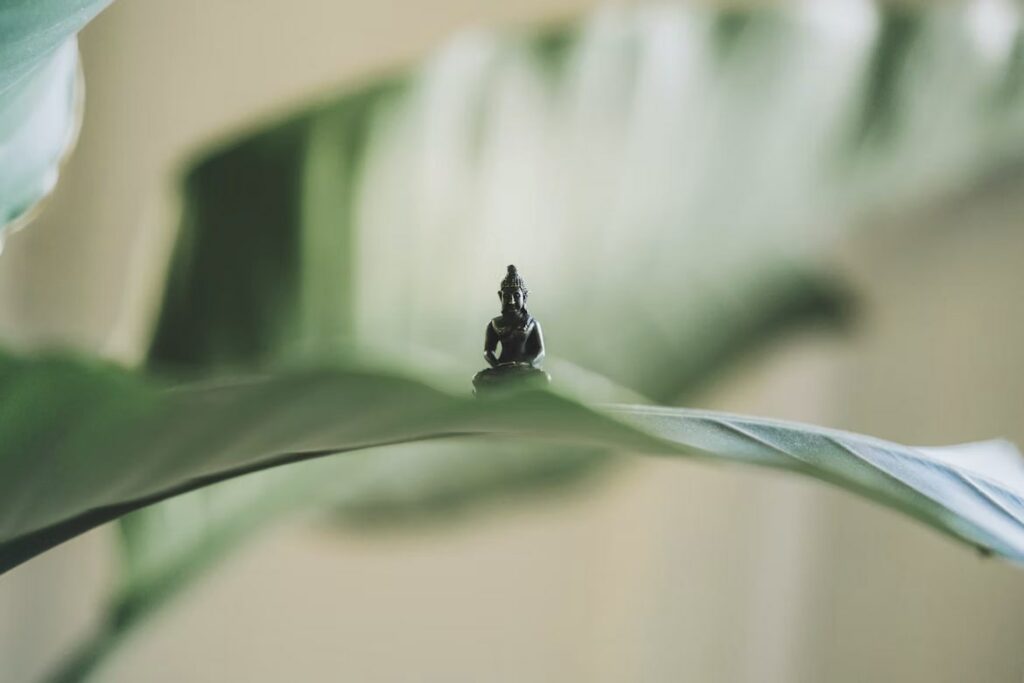
Tips for a Greener Life: How to Practice Sustainability in Thailand
We understand that making the move to be more sustainable can be daunting. You might think that you’re gonna need to do a complete 180 on your current lifestyle, but don’t worry! You won’t need to do anything drastic to start making a change.
Here are some suggestions that you can easily start with to get the ball rolling.
1. Understand the Ongoing Sustainability Efforts in Thailand
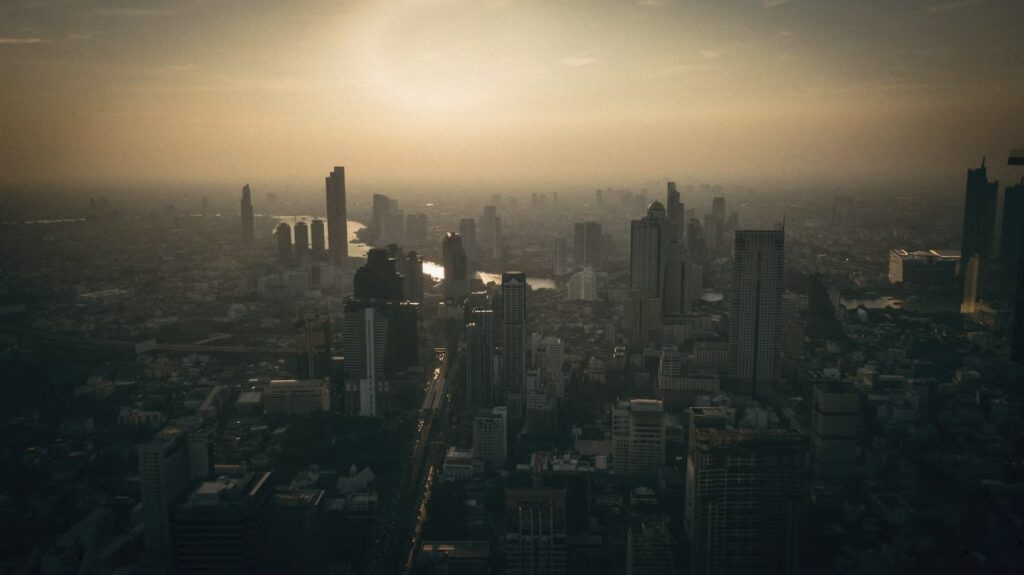
The Thai government flexes its sustainability muscles by actively enforcing policies that protect its natural resources and attractions. They understand very well that Thailand is blessed with beautiful locations, and they’re ready to do what it takes to maintain them.
Rehabilitating Polluted Destinations
The Maya Bay shutdown from 2018 through 2022 was a significant example of how authorities take protecting natural attractions seriously. Closing down a famous tourist destination for its recovery is no small feat, but they’re willing to do it for its own good!
Maya Bay became famous after serving as the setting of a certain DiCaprio-starring blockbuster back in 2000, attracting flocks upon flocks of tourists every year. This popularity took its toll on the beach, driving away wildlife and degrading the ecosystem.
The four years of being closed from public access had great results. Maya Bay made a strong recovery, with much of the damage from tourist activity being undone.
Of course, the job doesn’t end here. Authorities still keep a close eye on Maya Bay and other destinations at risk like it to make sure a repeat situation doesn’t happen again.
Banning Items Harmful to Ecosystems
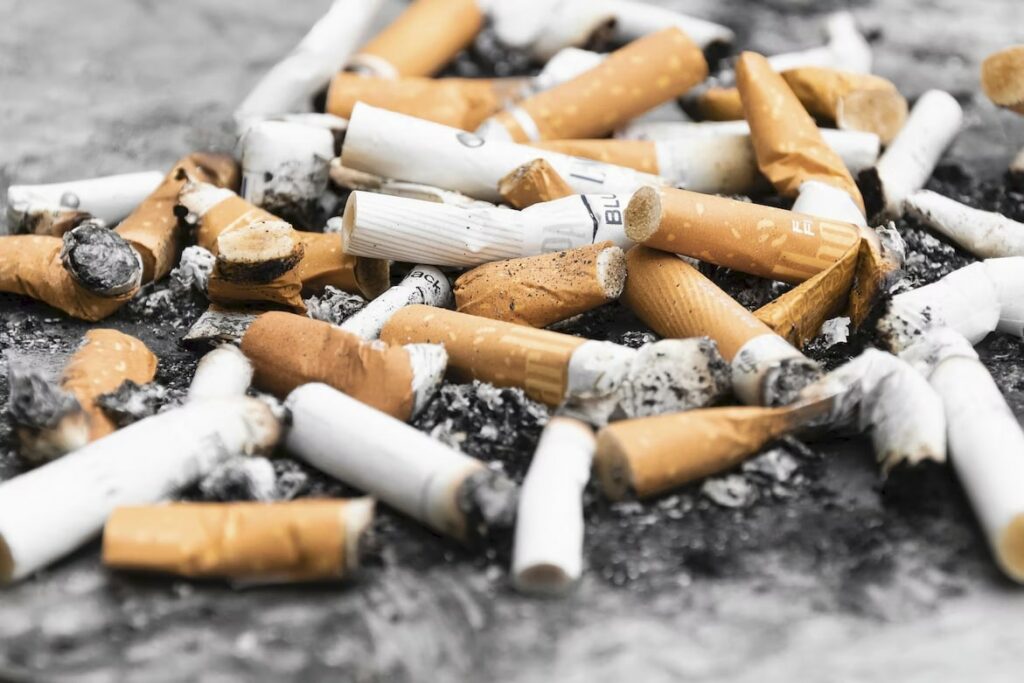
Another measure of protection from the Thai government that’s designed to keep natural attractions beautiful is the ban on pollutants like cigarettes and single-use plastics at national tourist spots.
Now, Thailand already heavily regulates smoking, but they go even harder on tobacco by banning it outright at places with heavy tourist activity. Cig butts may be tiny, but lots of them add up towards tar pollution and fire risk when disposed of carelessly!
The same story goes for plastics – we might think nothing of them as everyday objects used to wrap up food or souvenirs. But when they make it out there in the wild because of carelessness, they can end up as choking hazards for wildlife.
With that in mind, it’s easy to see why the authorities are keen to keep them as far as possible from nature’s beauty.
Promoting EV adoption
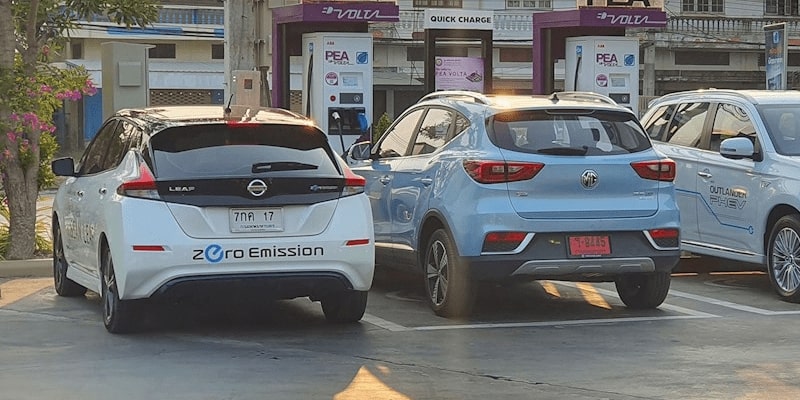
But what about sustainability in the city? If you remember the joke we made earlier about standstill traffic reducing our carbon footprint, you probably already know that that’s not entirely true.
The sheer number of gas vehicles in Bangkok results in very heavy carbon emissions (aside from some absolutely atrocious traffic,) which Thailand, alongside other countries, is now looking to address.
Ever since 2015, the country has been making moves to gradually introduce electric vehicles (EVs) into the market. These vehicles run on electric batteries, and with more of them replacing fossil fuel-powered cars, the hope is that emission levels come down.
In 2022, subsidies for EV ownership were offered to help encourage people to make the move from gas to electric. If you’re in the market for your own wheels, why not consider getting something plug and play?
2. Learn how to sort your waste
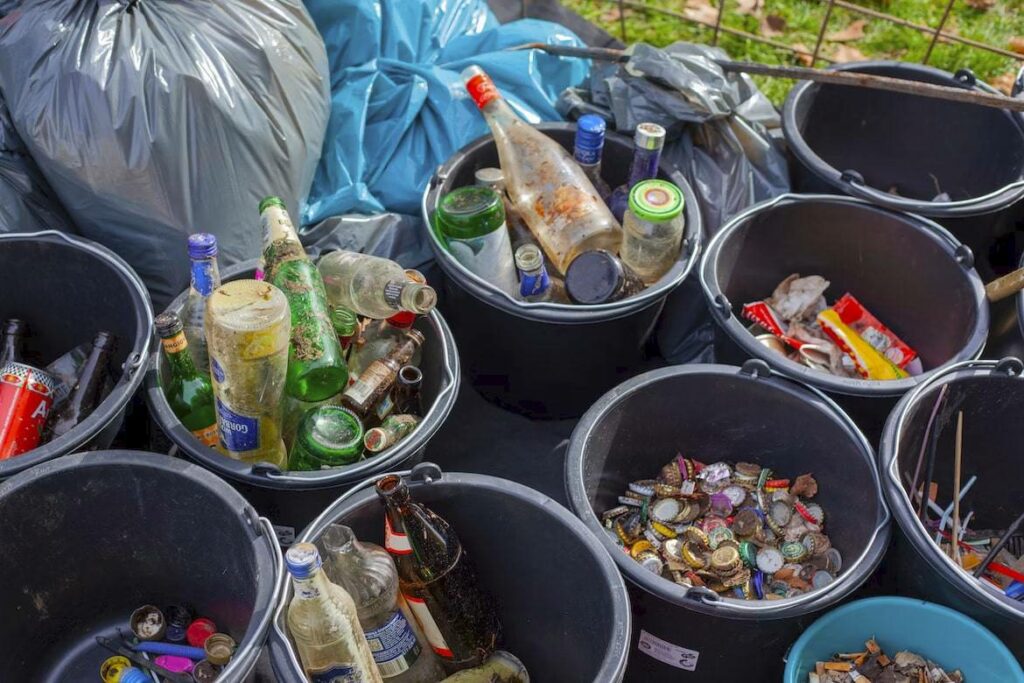
Not all trash is made equally, so you need to be sure you know how to deal with the different types of waste you’re bound to encounter while segregating your waste.
It’s important to know what counts as recyclable and what doesn’t, because that decides your options on how you can dispose of them. This table lists down some waste types that count as recyclable:
| Waste type | Notes |
|---|---|
| Paper | Any kind of junk paper will do, from discarded documents to cardboard. Just be sure that they’re dry before handing them in. |
| Plastic | Recyclers only take PET #1 and HDPE#2 bottles. You can figure out if your bottles are either by looking at the indicators printed on the bottom side. |
| Glass | They take all sorts of glass, but bottles for beer and soda are particularly valuable since those can be resold to beverage companies. |
| Metal | As long as it’s made from mostly metal, recyclers can get a good price for these. Soda cans, cookware, and umbrella frames are all metal that recyclers will appreciate picking up for you. |
| Electronics | Broken appliances like printers and TVs are fair game for recyclers since junkyards buy those by the kilo. These will eventually get scrapped to salvage spare parts and materials for recycling. |
After sorting your trash, don’t hand it over to the dump truck just yet! The waste disposal system in Thailand almost always ends at the landfill. No further processing is done to extract recyclable or reusable materials. Everything is left to decompose at the dump.
This means that waste that ends up there is just that: waste. Instead, consider these options for your recyclables and non-recyclables!
Make us of the the local salengs’ services
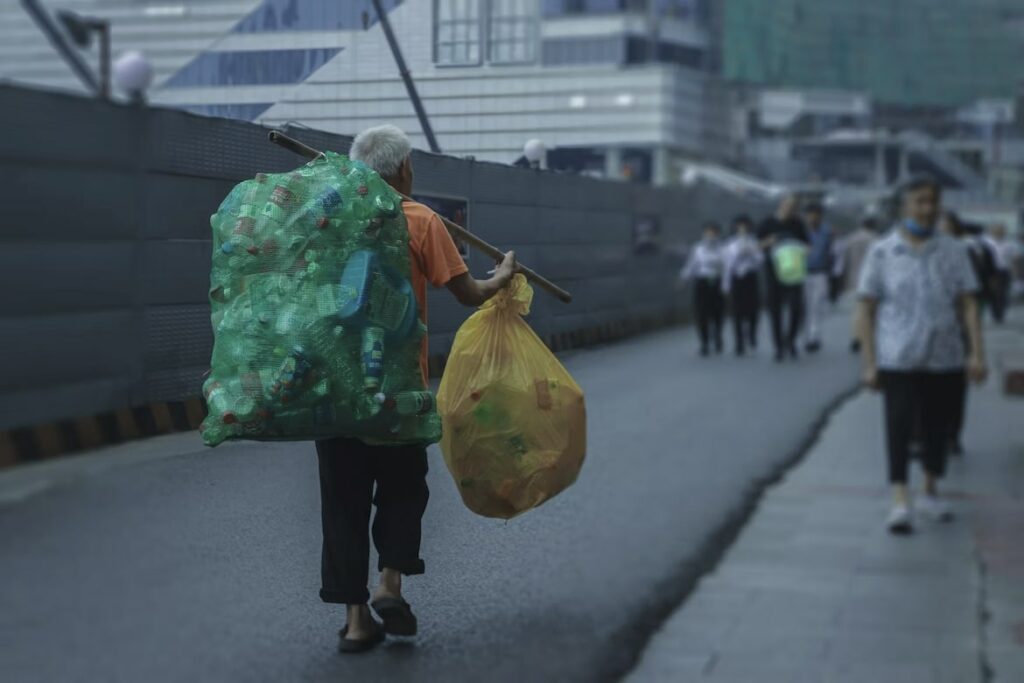
Local recyclers known as saleng pick through waste to recover reusable materials which they sell at junkyards for their livelihood.
If you’ve seen people on motorcycles hauling bags of plastic bottles and reams of old paper in a sidecar, these are the saleng making their rounds. You can coordinate with them to designate a spot where they can pick up your waste.
Although they do this primarily to earn money, their work still helps prevent material that could be repurposed back into raw materials from getting wasted at a landfill. Working with them is a great way to help not only them or yourself, but the environment as well.
This community-powered recycling system actually got an upgrade recently through the Saleng.com startup. The website aims to connect people looking to let go of their recyclable waste to salengs scouting for material to salvage.
It’s a simple but innovative addition to an existing practice already commonplace in everyday Thai life. It proves that sustainability is all about maximizing things we already use daily – in this case, technology and the internet!
Contact N15 Technology for orphan waste
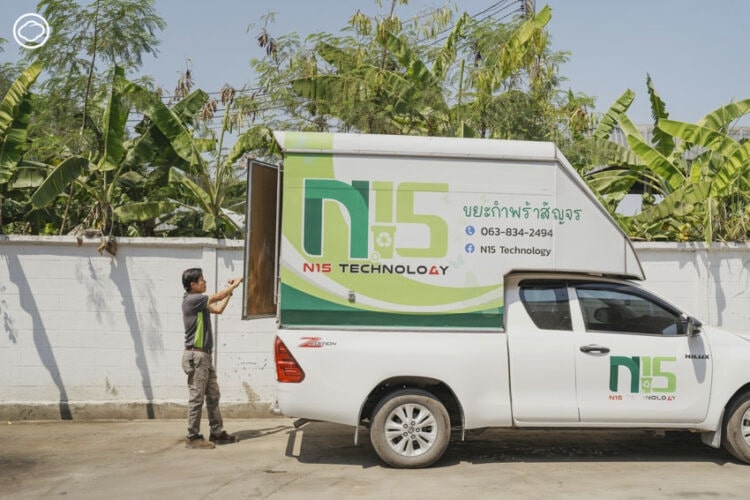
Unfortunately, salengs don’t take in non-recyclable waste since neither they nor the junkyards they work with have the equipment to deal with them.
However, they can still be of some use to companies like N15 Technology. They specialize in sorting and disposing non-hazardous waste at an industrial scale, especially orphan waste.
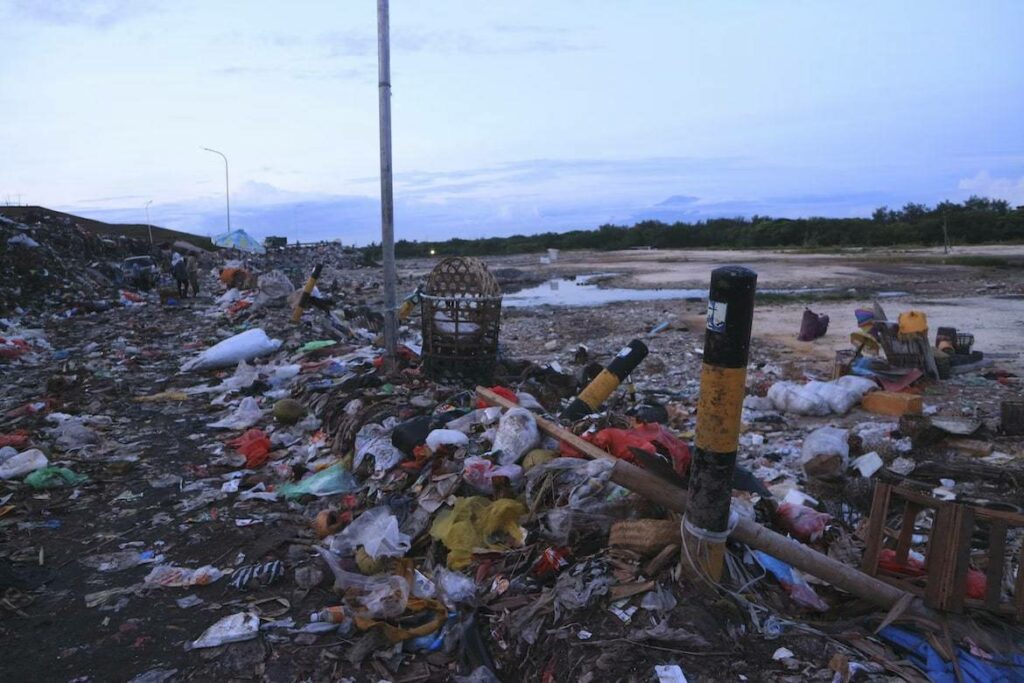
In a nutshell, orphan waste is material that’s become hard to dispose of because they’re soiled from previous use. This includes squeeze bottles for cosmetic products and air filters for ventilation.
The filth accumulated when they were still used makes normal forms of recycling unfeasible. This filth can cause problems like releasing harmful chemicals for the environment and people exposed to it.
As it stands, N15 is one of the few companies in Thailand equipped to handle orphan waste. Their Facebook page is always up to date with information on recycling and schedules for collection drives.
3. Learn how to reuse and repair
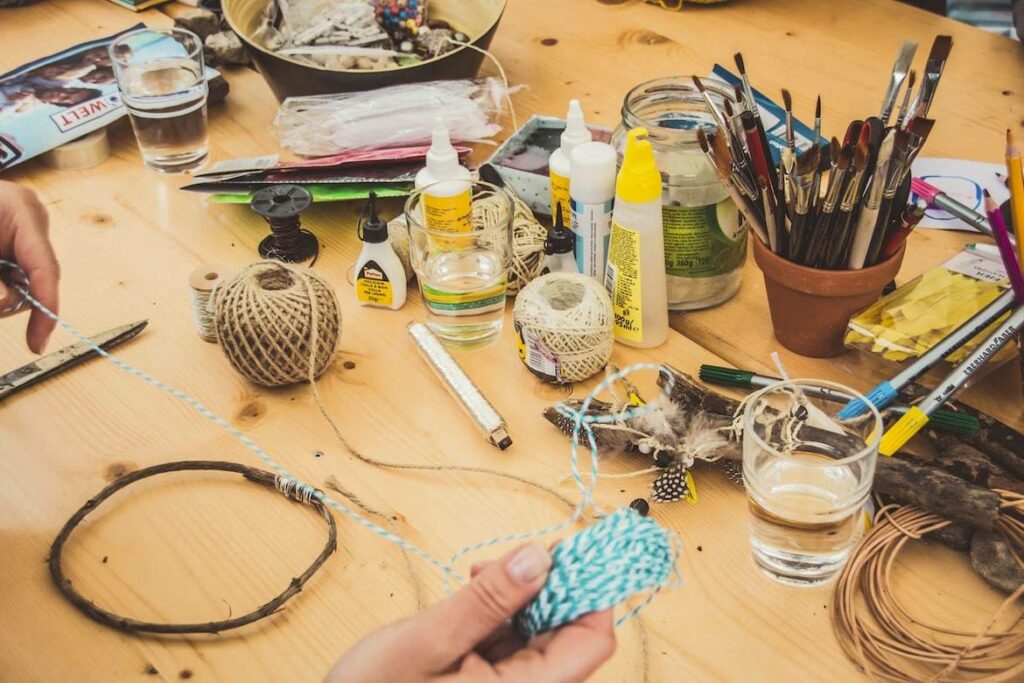
Everyone’s been in that situation: you’re doing your regular cleanup at home, and along the way you dig up some stuff you don’t use anymore. You’d usually throw it out, but it’d feel like such a waste since it’s still in alright shape!
Instead of throwing them out or replacing them, it’s good to look into how you can reuse and repair these objects. These items can still be of use to you or someone else if you can make that little bit of effort.
These are some examples to give you an idea of how you can do this with items we think you might have lying around at home.
Reusing Items: Bangkok Recycling Chain
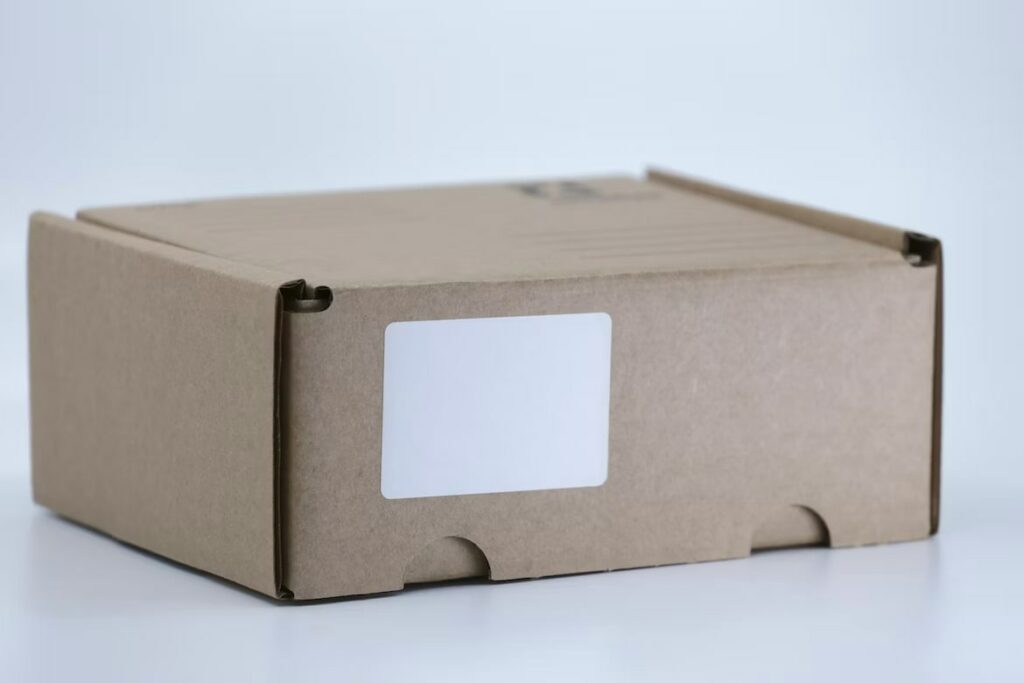
If you’ve recently moved into Thailand, chances are you’ve got lots of boxes and bubble wrap lying around. While they may not be of any use to you any more, someone else in town might be in need of them!
Join the Bangkok Recycling Chain group to see if anyone is in need of packing material you’ve got. Of course, the other way works too – if you’re ever in need of boxes when it’s time to move, people in the group would love to provide for you.
This group is perfect for trading around reusable items other than boxes of course. We commonly observe teachers in the group request for recyclable materials here too for their projects in school, which we think is a great example of community.
Repairing Items: Tailoring Services
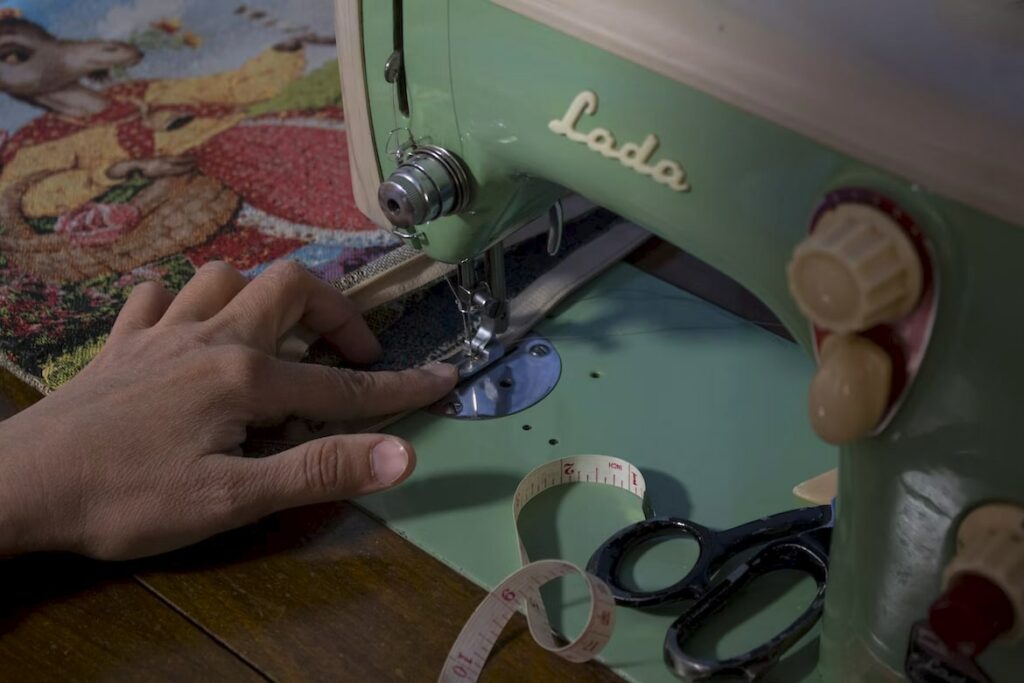
This might come as a surprise, but being conscious with your fashion choices can count towards your journey!
The common way of shopping for clothes is what’s called fast fashion, because of how convenient it is. Either at the mall or online, it’s so easy to stock up on new styles every month to keep your look updated.
But fast food isn’t the healthiest thing for your body – and neither is fast fashion the healthiest thing for the environment. The sheer speed that companies make new clothes contributes to a lot of waste in the industry.
Keeping that in mind, why not go the slow way?
We all have that one favorite piece of clothing that we’re going to wear until the stitches give out. But when that day happens, you don’t have to give it up then and there – consider taking it to your local tailor first to see if they can’t make it all good.
4. Donate what others can still use to charity
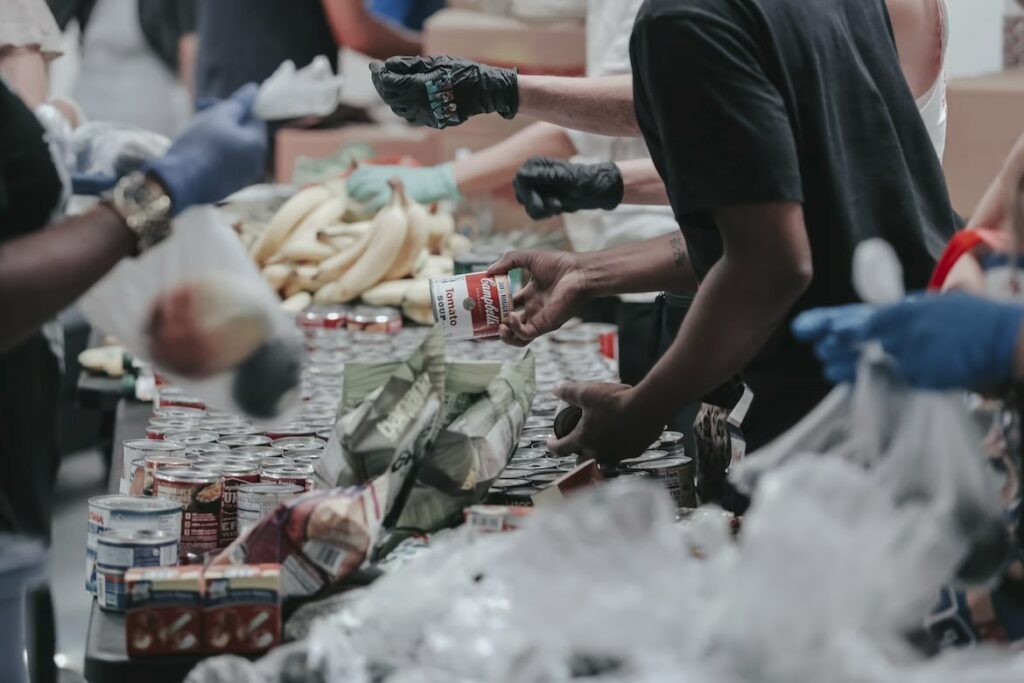
So, you’ve thought long and hard about the things you’ve dug up at home. Yes, they’re in great shape, but there just isn’t any way for you to use them in your life anymore.
Of course, you’re not going to just throw them out – now that’s wasteful!
The old saying of one person’s trash being another person’s treasure can be really cliche, but it’s genuinely true, especially when you’re trying to be more sustainable.
Consider donating items that no longer have any place in your life. It helps to think about who would be able to make good use of it if they received it – that can help you narrow down your options for donation.
We’ve got some suggestions for you if you know where you’ll be sending off your donations to!
Where can I donate my second-hand items in Thailand?
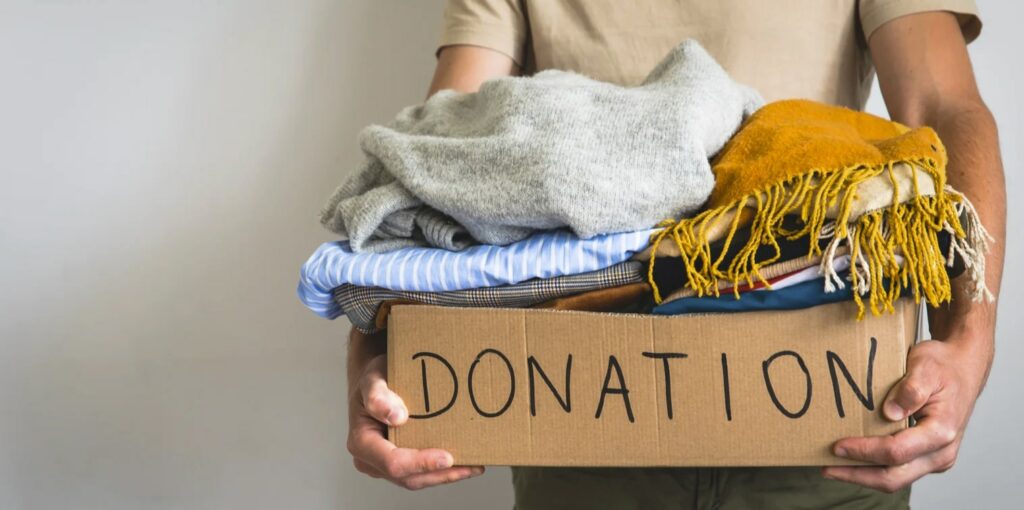
Donating items second-hand is a great way to both prevent items in good condition from rotting away at a landfill and to provide help to the people that need it most. Of course, there’s all kinds of things you can donate, so we’ve categorized them by type.
E-waste and electronics-related items
Like we said earlier, handing over broken appliances and electronics to your local saleng is a good way to dispose of junk. However, if you’ve got a good feeling that a little bit of tinkering can breathe new life into it, try taking it to some local charities.
APDI Foundation, Wat Suan Kaew, and Don Bosco Technical College all take in various e-waste for their own purposes.
APDI Foundation
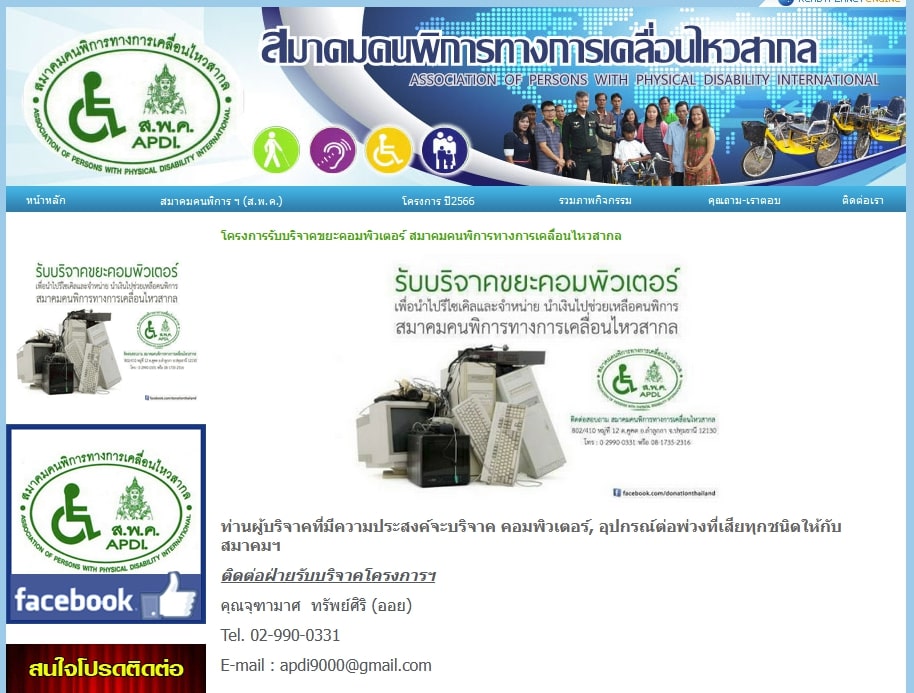
The APDI Foundation is dedicated to helping physically disabled persons. They take in computer waste like old CDs and dead computers and sell these as recyclable materials. This provides them funding for their initiatives.
Wat Suan Kaew
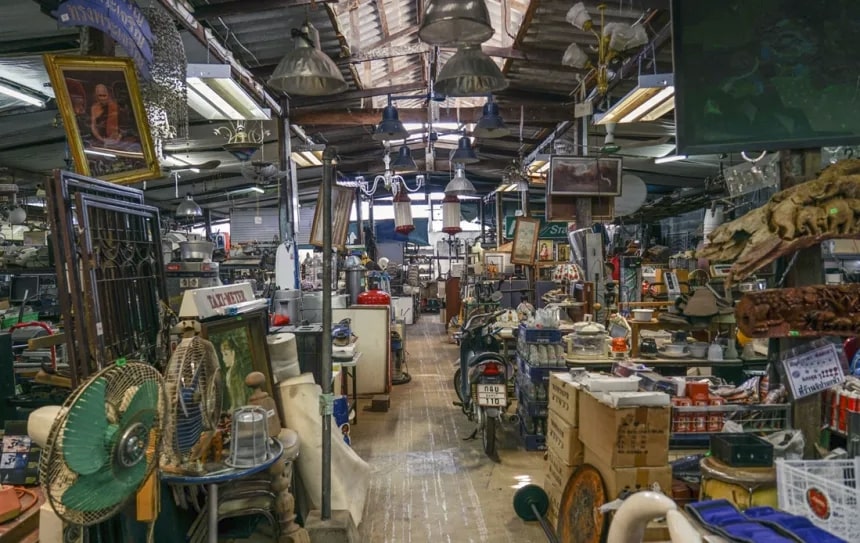
This temple makes some income by receiving donated broken or second hand electronics, repairing or scrapping them, then turning them around for a profit. If you’d like to support this temple, you can send some electronics their way.
| Wat Suan Kaew Location: 55 Bang Len, Bang Yai District, Nonthaburi 11140, Thailand Contact Details: +66 2 595 1444 |
Don Bosco Technical College
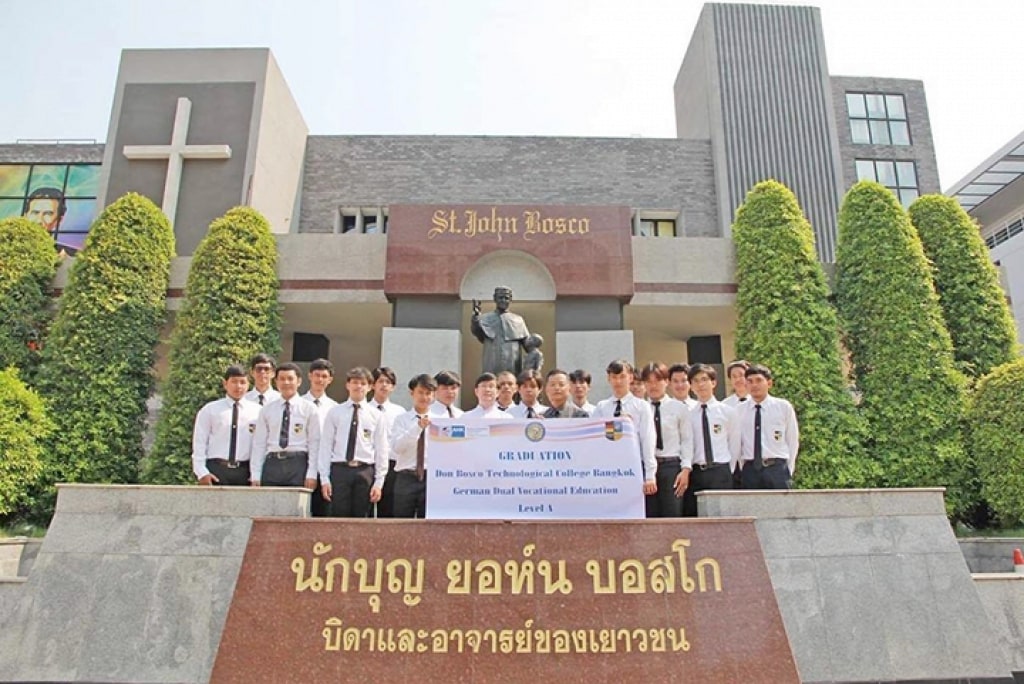
Their campus on Petchaburi Road in Bangkok accepts donations of broken electronics. The school will use these to help students apply what they’ve been taught so far by having them try to repair the electronics they receive regularly.
| Don Bosco Technical College Bangkok Location: 1643/3 New Petchaburi Rd, Makkasan, Ratchathewi, Bangkok Website: http://www.donboscobkk.ac.th/ |
Books and Educational Items
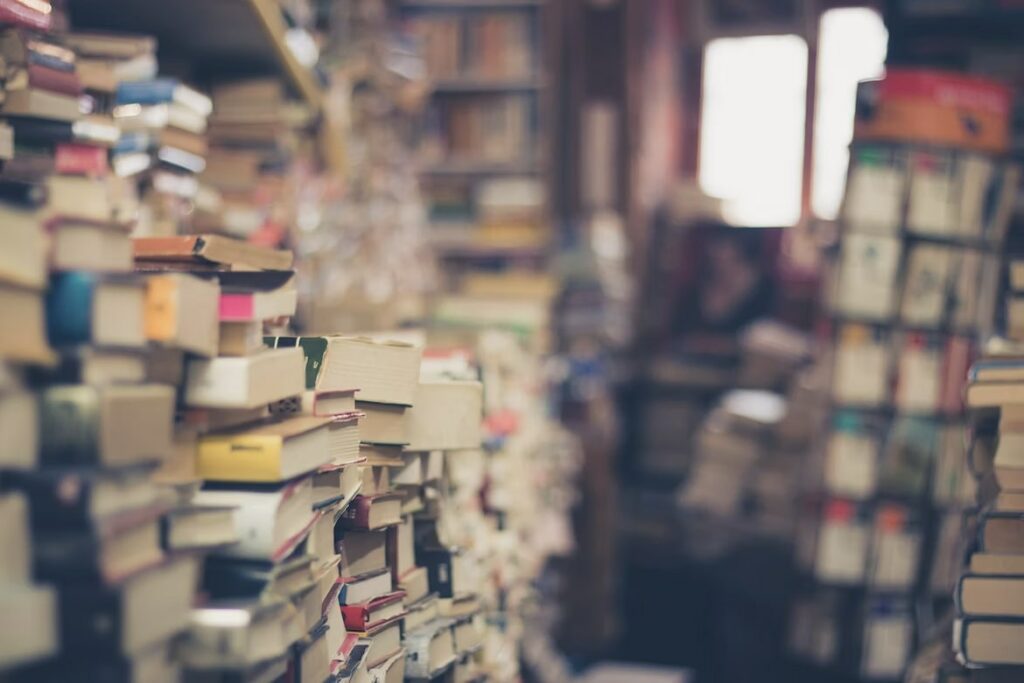
Please don’t treat old books and other potentially educational items as scrap paper when recycling waste! Thailand has a number of institutions happy to take those pages off your hands, which they can then lend to people interested in them.
There’s lots of public and private libraries that will take in books as donations in Thailand. Some may prefer certain genres or categories of books to fill out their collections, but the point is you’ve got lots of options.
Aside from libraries, there are also educational charities that will appreciate other general educational items. They take contributions from all over the country and use them to provide better learning experiences for Thai children.
Neilson Hays Library
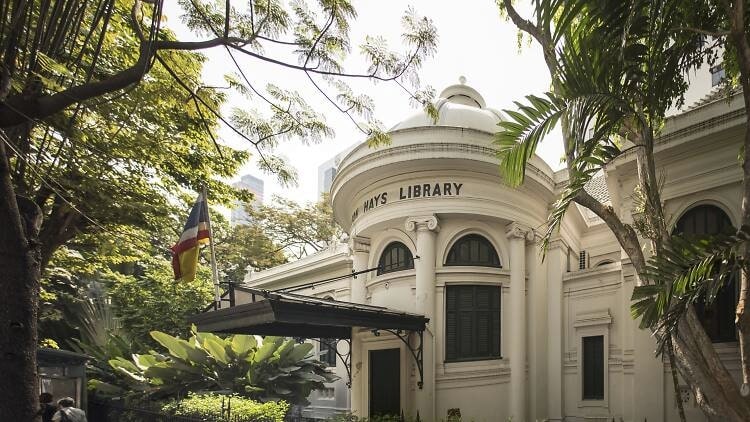
This library, founded in 1869, is among one of the historic buildings that can be found in Bangkok, and they take donations of English language books both for their own collection as well as their annual charity book sale.
| Neilson Hays Library Address: 195 Thanon Surawong, Suriya Wong, Bang Rak, Bangkok Contact Details: +6622331731 |
Reading Room Bangkok
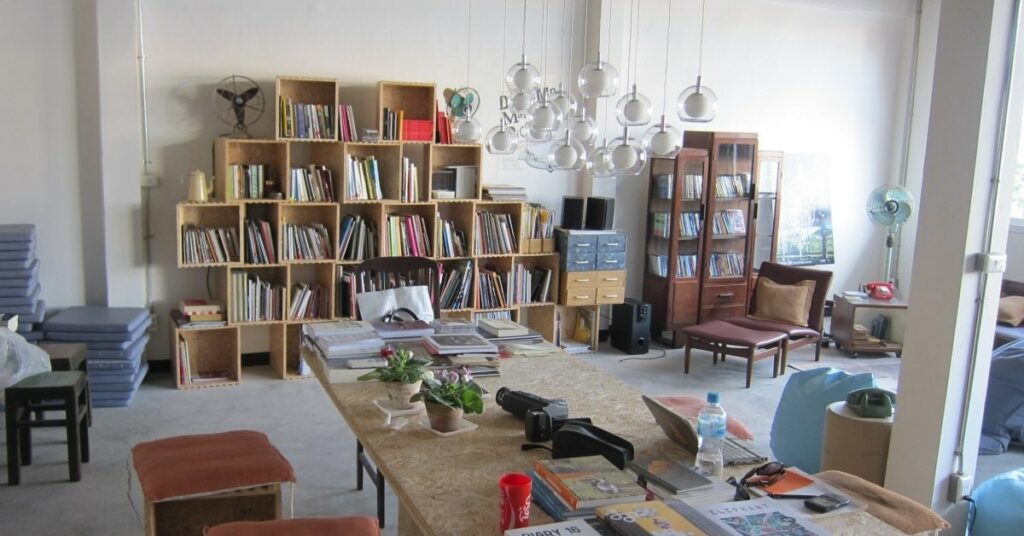
The Reading Room is a non-profit archive of all sorts of materials related to contemporary art. It’s one of the great public libraries in Bangkok, and always appreciates contributions to its ever-growing collection.
| Reading Room Bangkok Address: 2 Silom 19 Alley, Silom, Bang Rak, Bangkok Contact Details: +66896667978 Website: http://www.readingroombkk.org/ |
Paintbrush Foundation
— from @paintbrushfoundation
This non-profit organization focuses on providing children with opportunities to develop their artistic skills, such as painting and music. To this end, they highly appreciate books related to music.
| Paintbrush Foundation Address: 225 Soi Damronglatphiphat, Khlong Toei, Bangkok Website: https://paintbrushfoundation.org/ |
Dasa Book Cafe
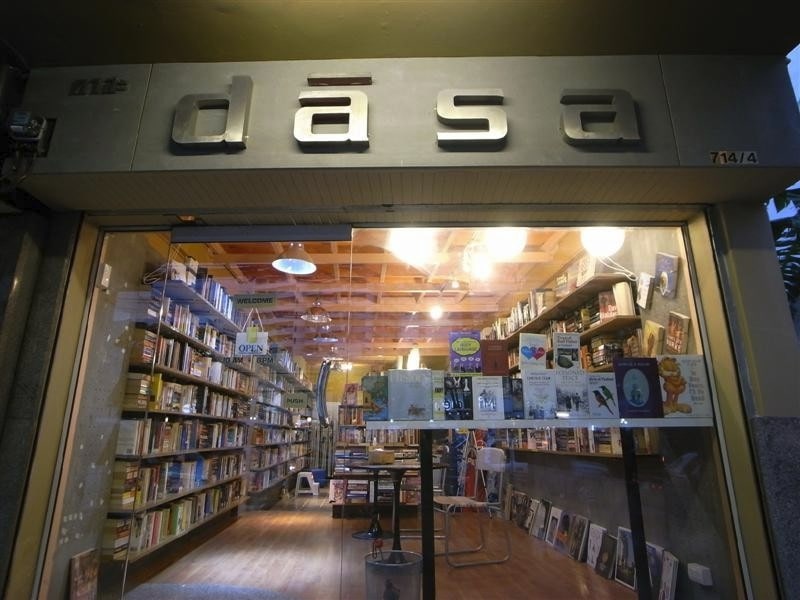
Equal parts secondhand bookstore and coffee shop, this establishment thrives on the continuous exchange of books. They’re more than happy to exchange old books you might have for store credit.
| Dasa Book Cafe Address: 714/4 Sukhumvit Road, Khlong Tan, Khlong Toei, Bangkok Contact Details: +6626612993 Website: http://www.dasabookcafe.com/ |
Pankan Society
— From @pankansociety
The Pankan Society aims to make its impact by helping children in need of educational assistance. Specifically, they provide scholarships and school supplies to underprivileged children.
If you think you have something on hand that a young student might appreciate having such as books and stationery, get in touch with the Pankan Society to make your contribution.
| Pankan Society Address: PPC4+7WR, Soi On Nut 90, Khwaeng Prawet, Prawet, Bangkok Contact Details: [email protected] Website: https://pankansociety.com/ |
Other household materials
If you’re finding a new home for some old furnishings at home, consider some of the organizations in Thailand dedicated towards helping the less fortunate. Your contributions can make a big difference in someone else’s life!
Since these charities are looking to improve the quality of life of their beneficiaries, they usually look for things that make daily life just a bit more comfortable, like bedding material and recreational items.
Bangkok Community Help
— From @bangkokcommunityhelp
Bangkok Community Help serves local slums by rebuilding and refurbishing their homes. You can help their cause by donating household items you no longer need to their cause.
Specific items that they always need include bed materials (mattresses and blankets) and furniture. Although these might seem not too significant to us, the people that Bangkok Community Help serves greatly appreciate these little luxuries.
Liferaft International
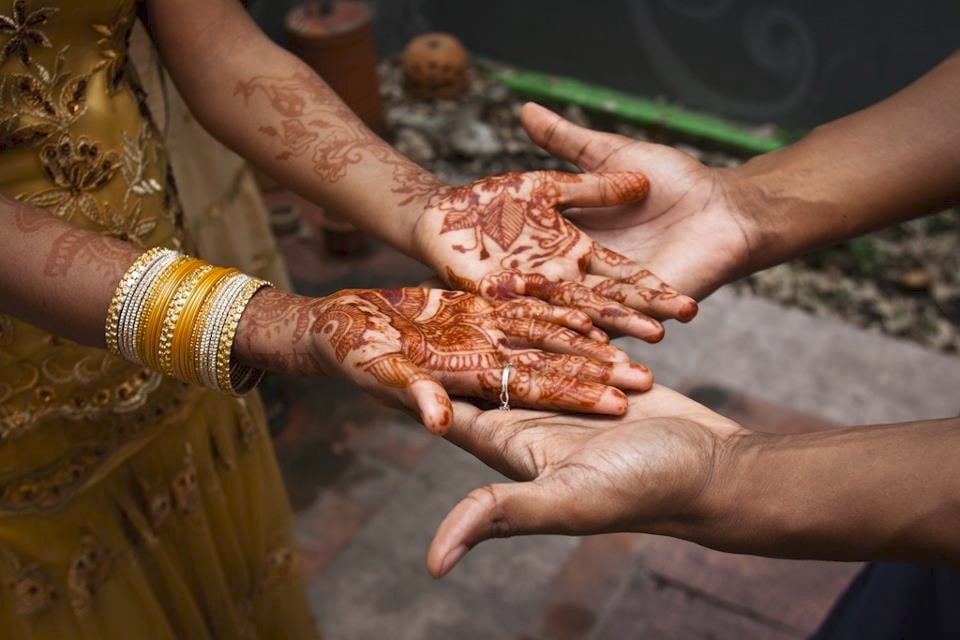
Bangkok actually hosts refugees from all over the world. Liferaft International helps aid these people escaping violence from their homelands by providing them with the necessary support during their stay.
The organization appreciates any contribution you can make to make the lives of the refugees better. Examples of what you can donate include clothing, books, and other recreational materials.
How can I practice sustainability as a tourist in Thailand?
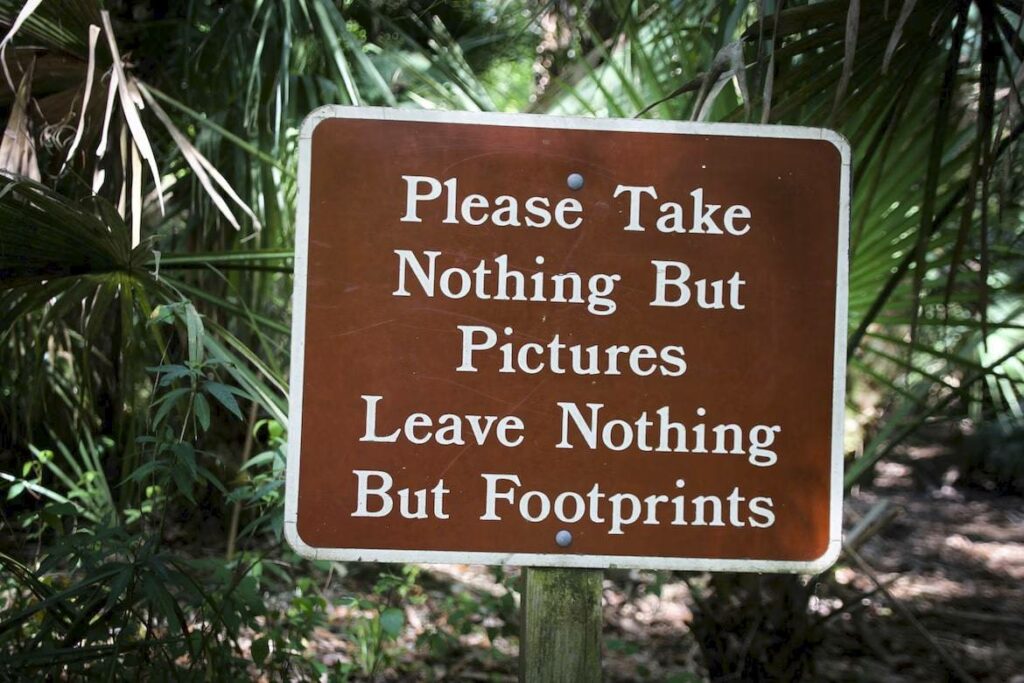
While we’ve talked about sustainability in the context of a person living in Thailand, that doesn’t mean you can’t do anything as a tourist! Keep the following points in mind when traveling to practice sustainable tourism.
Support ecotourism attractions
There was a time when ecotourism was a niche activity that only the most adventurous of travelers would take. However, much of the tourism industry in Thailand has adopted some form of ecotourism into their structure.
In general, the concept comes down to supporting efforts to conserve the characteristics of the local area such as the ecosystem and the culture.
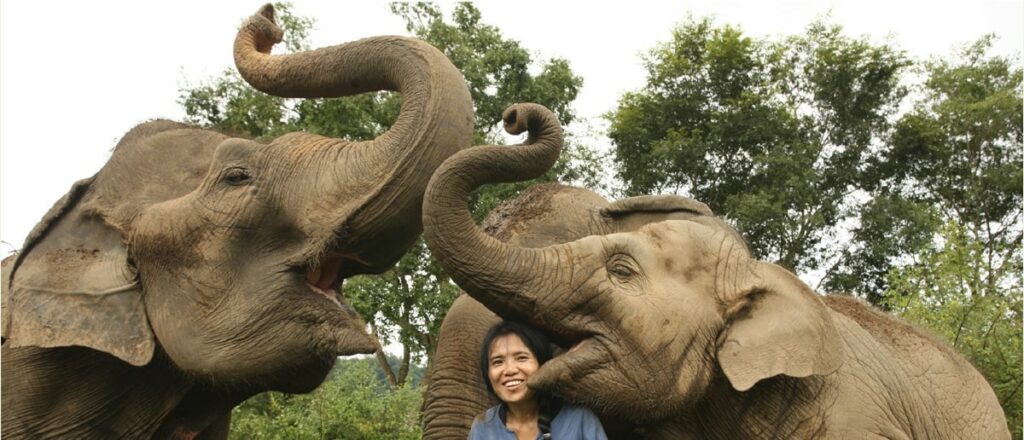
The perfect example of this is the Elephant Nature Park in Chiang Mai. They advocate for the rescue and conservation of the elephants that are so iconic in Thai culture.
At their facility, they help visitors from all over the world learn about elephants and their natural habitat by taking them through an educational and entertaining experience.
Elephant Nature Park also strives to work with the local communities in its surrounding to maintain the area. This includes using products produced locally whenever possible, as well as working with them to carry out reforestation efforts.
| Elephant Nature Park Address: 1 Ratchamanka Rd, Tambon Phra Sing, Mueang Chiang Mai District, Chiang Mai Website: https://www.elephantnaturepark.org/ |
Try to go for activities that support the local community whenever you can – it’s a different way to experience the mainstream vacation trip that most travelers settle for.
Minimize waste while traveling
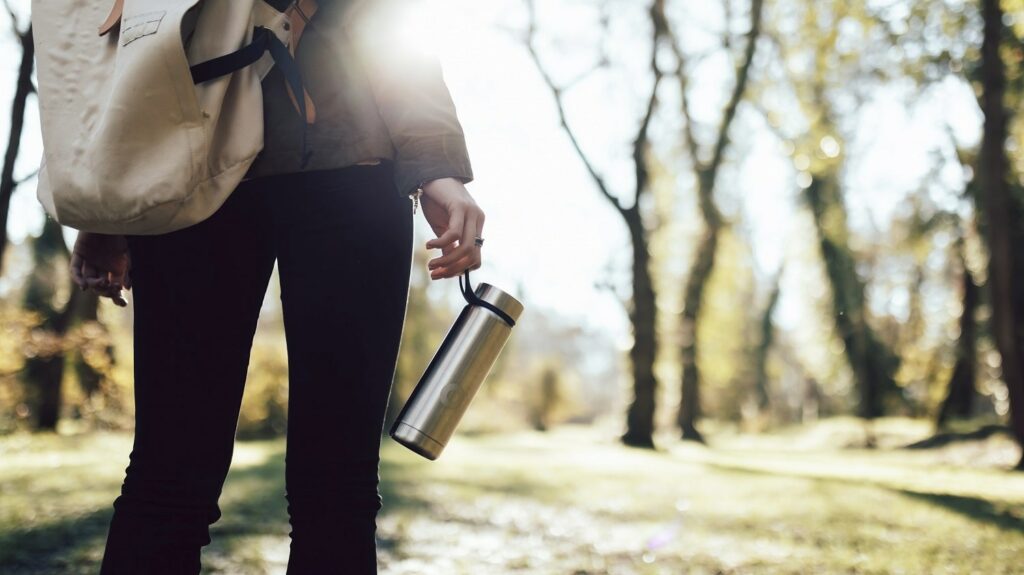
While the government already bans common pollutants like single use plastics and cigarettes at national parks and other tourist destinations, it still helps to be mindful of what waste you’re leaving behind.
Especially while on an experience like a hiking trail or camping out, remember the saying “leave nothing but footprints.” If you do end up with trash on you while out in Thailand’s outdoors, be ready to keep it on yourself until you can find a safe place to dispose of it.
| How to Avoid Trash on Your Trips around Thailand Pack reusable containers with you on your trip! This helps reduce the need for single-use materials like paper and plastic bags that might end up being trash down the road. When eating, order only what you’re sure you can eat. Be aware of your own appetite and eating habits so you don’t end up wasting food. If you really need to, always try to have your leftovers wrapped up for takeout. If you can manage it, go paperless with things like tickets and passes. Not having to print means not having to dispose of a paper ticket you’re only using for the duration of your trip. |
Consider eco-friendly accommodations
This requires some effort on your part to do the homework when selecting a place to stay for your visit in any of Thailand’s attractions. What you’re looking for is to support accommodations that do their best to minimize their impact on the environment.
Look out for characteristics such as the use of renewable energy and the use of locally sourced products.It’s important that the establishments prove that they’re doing things on their end, not just being overbearing with reminding you of your carbon footprint.
For example, Bangkok Tree House is a hotel right at the heart of Bang Kachao, the city’s “green lung.” The establishment aims to provide guests with a unique accommodation in a literal jungle within Bangkok, while minimizing its own impact.
Aside from hosting some tours through the environment in the area, the hotel also does its best to reuse or recycle the materials used everyday. Their restaurant also serves food cooked with fruits and vegetables grown at their vertical gardens on site!
| Bangkok Tree House Address: 60 Moo1 Soi Bua Phueng Pattana Bang Namphueng, Phra Padaeng Samut Prakarn, Greater Bangkok, Phra Pradaeng District, Samut Prakan 10130, Thailand Website: http://www.bangkoktreehouse.com/ Contact: +66829951150 |
It’s certainly a unique experience on its own, but the fact that it’s quite sustainable makes it all the more impressive. Other places in Thailand also have their own hotels making the extra effort to be sustainable, just waiting for you to discover them.
Sustainability in Thailand Going Forward
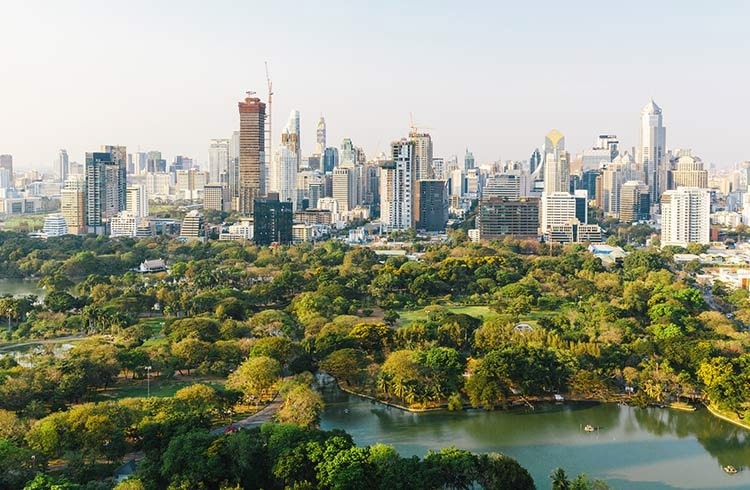
As you can see, sustainability in Thailand isn’t just a fancy dream or massive life decision for those of us looking to get more eco-friendly. From tourists to locals to the government, there’s steps being made to make every day more sustainable.
It doesn’t matter anymore if you’re a local living here or a tourist passing through. Today, there’s always a way for you to decrease your impact on the environment no matter what you’re doing. Why not give it a try?





